Generative AI will revolutionize knowledge work by automating tasks and enhancing decision-making. It streamlines processes and boosts productivity.
Generative AI, a powerful branch of artificial intelligence, is set to transform the landscape of knowledge work. This technology can generate human-like text, create realistic images, and even write code. By automating routine tasks, it allows professionals to focus on more strategic and creative endeavors.
Businesses will benefit from faster decision-making and improved efficiency. AI-driven insights can uncover patterns and trends that were previously hidden, leading to better outcomes. As organizations adopt generative AI, employees will need to adapt and develop new skills. The integration of AI in knowledge work promises a future where human potential is maximized.
Generative AI Basics
Generative AI is changing how we work. It can create text, images, and more. Understanding its basics is key to harnessing its power.
What Is Generative AI?
Generative AI is a type of artificial intelligence. It can create new content. This content can be text, music, images, or code. It learns from existing data to generate new data.
Core Technologies
Generative AI uses several core technologies. These include:
- Machine Learning: Helps AI learn from data.
- Deep Learning: Uses neural networks for complex tasks.
- Natural Language Processing (NLP): Enables understanding and creation of human language.
| Technology | Description |
|---|---|
| Machine Learning | Helps AI learn from data. |
| Deep Learning | Uses neural networks for complex tasks. |
| Natural Language Processing | Enables understanding and creation of human language. |
Generative AI will transform knowledge work. It can automate content creation. This saves time and boosts productivity.

Credit: www.scheller.gatech.edu
Impact On Knowledge Work
The impact of Generative AI on knowledge work is profound. This technology is set to revolutionize how tasks are performed and decisions are made. By automating routine tasks and enhancing decision-making processes, generative AI will transform the workplace. Let’s explore the key areas of impact.
Automation Of Routine Tasks
Generative AI can automate many routine tasks. These tasks often take up a lot of time. By handling these tasks, AI allows workers to focus on more important duties.
- Data Entry: AI can input data quickly and accurately.
- Email Sorting: AI can organize and prioritize emails.
- Document Management: AI can file and retrieve documents efficiently.
This automation leads to increased productivity and reduced errors. Workers can spend their time on creative and strategic activities.
Enhanced Decision Making
Generative AI improves decision-making processes. It analyzes large amounts of data quickly. AI provides insights that help in making informed decisions.
- Data Analysis: AI can analyze trends and patterns.
- Predictive Analytics: AI can forecast future outcomes.
- Risk Assessment: AI evaluates potential risks and benefits.
These capabilities make decision-making faster and more accurate. AI-driven insights lead to better outcomes for businesses and employees alike.
The table below highlights the key benefits of generative AI in knowledge work:
| AI Capability | Benefit |
|---|---|
| Automation | Increases productivity, reduces errors |
| Data Analysis | Provides valuable insights |
| Predictive Analytics | Forecasts future outcomes |
| Risk Assessment | Evaluates risks and benefits |
Industries To Watch
Generative AI is reshaping various industries by automating tasks and enhancing productivity. Let’s explore the key sectors poised for transformation.
Healthcare
Generative AI in healthcare promises to revolutionize patient care and medical research. AI can analyze medical images quickly, identifying issues like tumors and fractures.
- Diagnostics: AI algorithms detect diseases faster and more accurately.
- Drug Discovery: AI models predict how new drugs will interact with the body.
- Patient Monitoring: Wearable devices and AI monitor patient health in real-time.
This leads to early intervention and better outcomes.
Finance
The finance sector benefits greatly from generative AI. AI can predict market trends and automate trading.
- Fraud Detection: AI identifies suspicious activities and reduces fraud.
- Customer Service: Chatbots handle customer queries effectively.
- Risk Management: AI assesses risks and suggests optimal strategies.
This ensures better decision-making and enhanced security.
Education
Generative AI in education personalizes learning experiences. AI tutors adapt to each student’s learning pace.
- Content Creation: AI generates educational materials based on curriculum.
- Student Assessment: AI tools grade exams and assignments accurately.
- Virtual Classrooms: AI facilitates interactive and engaging online learning.
This makes learning more accessible and effective for all students.

Credit: www.linkedin.com
Skills And Training
The rise of Generative AI is set to revolutionize knowledge work, especially in the realm of Skills and Training. As AI tools become more advanced, employees will need to adapt and learn new skills. This transformation will require a focus on both acquiring new skill sets and engaging in ongoing education.
New Skill Sets
Generative AI will create demand for new skill sets. Workers will need to understand how to interact with these AI systems. They will also need to know how to leverage AI to improve their work. Below are some key skills that will become essential:
- AI Literacy: Understanding the basics of AI and its applications.
- Data Analysis: Interpreting and utilizing data generated by AI.
- Programming: Basic coding skills to customize AI tools.
- Problem-Solving: Using AI to find innovative solutions.
Ongoing Education
To keep up with AI advancements, ongoing education will be crucial. This will involve continuous learning and updating of skills. Here are some methods to achieve this:
- Online Courses: Platforms like Coursera offer AI courses.
- Workshops: Attend AI workshops to gain hands-on experience.
- Certifications: Earn certifications in AI-related fields.
- Mentorship: Learn from experts in the AI industry.
Organizations can also play a role in facilitating this education. They can offer training programs and resources. Below is a table summarizing ways companies can support ongoing education:
| Method | Description |
|---|---|
| In-House Training | Offer internal training sessions on AI technologies. |
| Education Reimbursement | Reimburse employees for AI-related courses and certifications. |
| AI Conferences | Send employees to AI conferences and seminars. |
| Collaborative Projects | Encourage collaborative projects that involve AI tools. |
Ethical Considerations
Generative AI is set to revolutionize knowledge work. While the benefits are immense, it raises important ethical considerations. Addressing these concerns is crucial for responsible AI deployment.
Bias And Fairness
Generative AI can learn from large datasets. This means it can also learn biases present in those datasets. Bias in AI can lead to unfair outcomes. It can affect hiring, lending, and other important decisions. Ensuring fairness in AI is crucial. Developers must actively work to eliminate biases. Using diverse and representative data helps reduce bias. Regular audits of AI models can also identify hidden biases.
Privacy Concerns
Generative AI processes vast amounts of data. This can pose privacy concerns. Sensitive information might be at risk. Protecting personal data is a top priority. Implementing strong encryption methods is essential. Anonymizing data can also enhance privacy. Users should be informed about data use. Transparent data policies build trust.
| Ethical Aspect | Consideration |
|---|---|
| Bias and Fairness | Ensuring AI models are free from bias. |
| Privacy Concerns | Protecting personal and sensitive information. |
- Use diverse datasets
- Conduct regular audits
- Implement strong encryption
- Anonymize user data
- Be transparent about data usage

Credit: www.thedigitalspeaker.com
Future Trends
The world of knowledge work is set to undergo massive changes. Generative AI will reshape how we approach tasks. Let’s explore the future trends in this space.
AI and Human Collaboration
Generative AI will transform how humans and AI work together. This collaboration will enhance productivity.
- Human-AI Teams: Teams will blend human creativity with AI efficiency.
- Enhanced Decision Making: AI will provide data-driven insights. Humans will make the final call.
- Reduced Repetitive Tasks: AI will handle mundane tasks. Humans will focus on creative work.
These collaborations will lead to more innovative solutions.
Emerging Technologies
New technologies will emerge, driven by generative AI. These technologies will revolutionize various fields.
- AI-Powered Tools: Tools will become smarter and more intuitive.
- Advanced Natural Language Processing: AI will understand and generate human-like text.
- Personalized Learning Platforms: AI will create customized learning experiences.
These technologies will make knowledge work more efficient.
| Trend | Impact |
|---|---|
| Human-AI Teams | Boosts creativity and efficiency |
| AI-Powered Tools | Enhances tool intelligence |
| Personalized Learning Platforms | Improves learning experiences |
Generative AI is set to revolutionize knowledge work. These trends will shape the future.
Frequently Asked Questions
What Is Generative AI?
Generative AI is a type of artificial intelligence that can create new content. This includes text, images, and even music. It uses algorithms to learn patterns and generate new data.
How Will Generative AI Impact Knowledge Work?
Generative AI will automate repetitive tasks, making knowledge work more efficient. It can assist in content creation, research, and data analysis. This allows professionals to focus on complex problem-solving.
Can Generative AI Replace Human Workers?
Generative AI will not replace human workers but will augment their capabilities. It will handle routine tasks, freeing up time for creative and strategic work. Human oversight will still be essential.
What Industries Will Benefit From Generative AI?
Industries like marketing, healthcare, and finance will benefit from generative AI. It can create personalized content, assist in medical diagnostics, and analyze financial data. The technology enhances productivity across various sectors.
Conclusion
Generative AI is set to revolutionize knowledge work. It will enhance productivity and innovation. By automating routine tasks, employees can focus on strategic activities. This technology will reshape industries, fostering creativity and efficiency. Embracing generative AI ensures staying ahead in a competitive landscape.
The future of knowledge work looks promising with AI integration.





